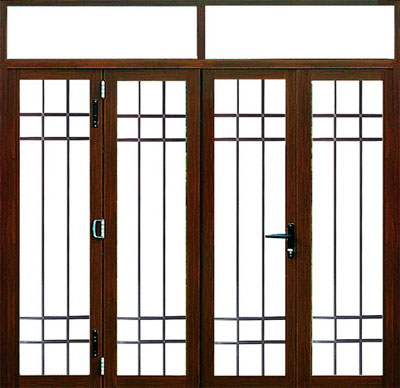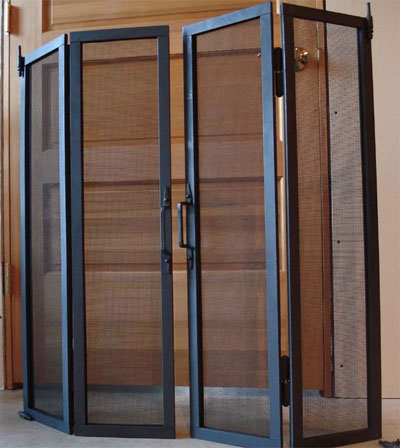Extend Your Home
In a survey of 100 nationwide agents, 62 per cent confirmed that building a conservatory or a high quality glass extension can add approximately five per cent to the value of an average three bedroom home – or between £11,000 in the South West to upwards of £20,000 in London and the South East. And with 300,000 new conservatories being built every year, it would seem that homeowners are in agreement.
When questioned about the rest of the house, 24 per cent estate agents recommended adding extra bedrooms, 6 per cent suggested creating off-street parking or a garage area and 5 per cent an additional bathroom or downstairs loo.
With dramatic improvements in glazing technology, conservatories are now a popular way to extend living space and seamlessly extend the house into the garden and vice versa. Once considered to be small, separate rooms with only seasonal value, they are now the focal point of the home, enabling homeowners to fully integrate a conservatory as another permanent living room in the house.
Julia Berkin, communications manager for Pilkington Activ™ says, “We’re seeing a trend towards young adults choosing to stay in their family home for longer due to the high cost involved with moving. As a result, houses are starting to burst at the seams, and adding a glass extension not only creates additional living space but adds value to the property.”
Julia Berkin adds “It would seem that as a nation of home owners we are less reluctant to rely on market forces to dictate the future value of our property. Instead we’re trying to take control by minimising the costs and risks associated with moving, maximising the value of our current homes and in turn future proof our homes against the peaks and troughs of a potentially volatile housing market. Home improvers should be aware that quality is imperative. Conservatories and glass extensions must be done well – cheap constructions, poor workmanship and skimping on the details can make it look tacky and also means that the conservatory is unlikely to provide a comfortable year-round environment.”
According to Pilkington Activ™, there are five golden rules to obey when choosing a conservatory:
Choose a style and design that’s complimentary to the rest of the house
Consider the position of the conservatory – a south facing installation will require ventilation and shade, and a north-facing one will need good heating.
Be clear about what the room will be used for – playroom, dining room, relaxation area etc – and make sure the end result fulfils this need. Thorough research should be done into different styles and layouts. Be sympathetic to the surroundings – it is important that the style of conservatory fits in with the rest of the home and garden.
Look at the benefits that premium products such as self-cleaning and solar control glass can bring. Pilkington Activ™ Blue and Pilkington Activ™ Neutral combine both into one product reducing maintenance to a minimum, but also helping to maintain a comfortable temperature year round, when used alongside a thermal glass on the inner pane such as Pilkington K Glass.
Check with your local planning department whether you need permission. Progressing without the necessary permission may be a costly mistake, as if any work does not comply with planning standards, they can insist that the property is returned to its original state.
Regional Variations:
For those living in London, installing a conservatory or glass extension can add approximately five per cent (approximately £20,000) to the value of an average three bedroom house according to 75 per cent of those surveyed. In contrast, 12.5 per cent and 10 per cent of estate agents recommended adding a bedroom or incorporating off-street parking respectively, as the best way to securing longer term property profits. Just 2.5 per cent suggested incorporating high spec gadgets and technologies to command maximum prices on valuation and sale.
Those in the North West are least likely to profit from a conservatory as it’s only likely to add 2% to the value of the home. Instead, 70 per cent of estate agents advise adding value through additional bedrooms in order to take properties in to the higher price brackets.
It was an unanimous decision for those in the Wales with 100 per cent of estate agents suggesting the fastest route to higher house prices is through the addition of a conservatory to either extend the kitchen, add a breakfast room or bring space and light into the main living space.
Conservatories are out of favour in the South East and the Midlands as 50 per cent & 70 per cent of those surveyed respectively recommended increasing the number of bedrooms. In the South East only 30 per cent recommended installing a high quality conservatory as a way of extending the living space and/or kitchen. 10 per cent suggested adding off-street parking and an extra bathroom respectively. Agents in the Midlands advised that although a conservatory is likely to provide differentiation when it comes to selling the property, homeowners are unlikely to make a profit.

